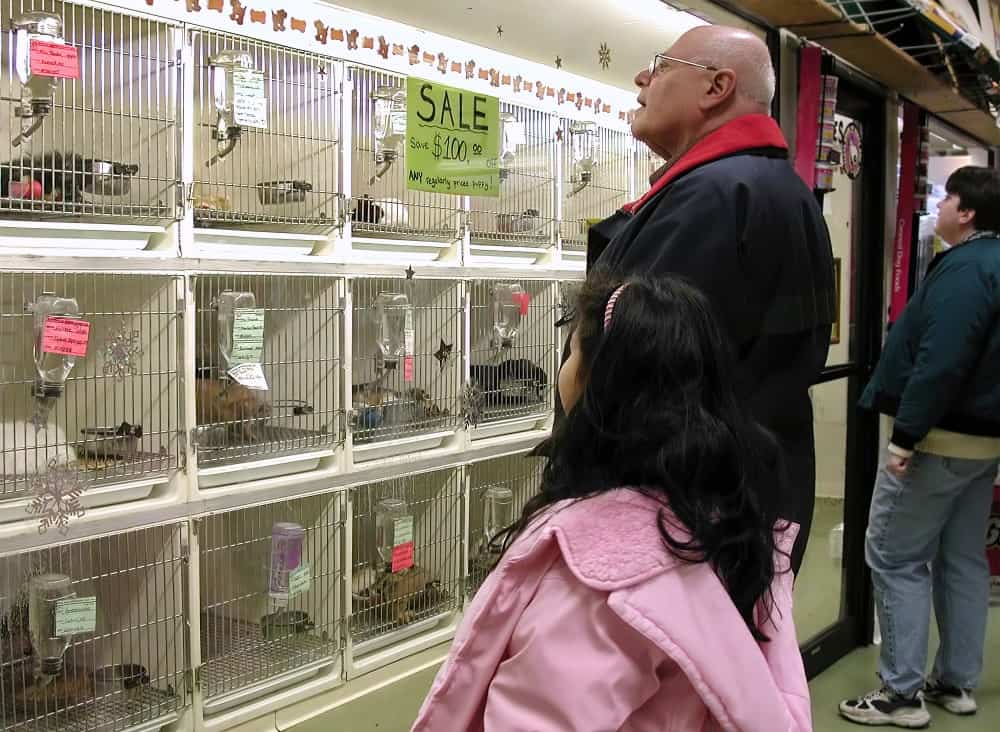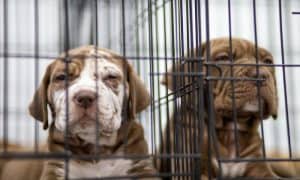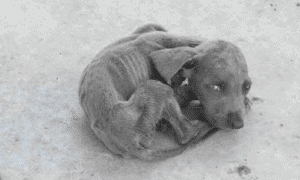“This post contains affiliate links, and I will be compensated if you make a purchase after clicking on my links.”
In an effort to target puppy mills, backyard breeders, and to reduce the vast number of animals euthanized in San Antonio shelters every year, City Council members voted 9-to-1 to ban retail store sales of puppies and kittens.

Starting on January 1, 2021, pet stores will only be permitted to place dogs or cats they obtained from city or county animal shelters, animal control agencies, or animal rescue organizations for adoption to customers.
The ban does not change a person’s ability to purchase the pet of their choice from an animal shelter, rescue group or even a reputable breeder who sells directly to the public.
At this time, there are three pet stores within San Antonio city limits that sell dogs or cats—Petland, Puppyland, and Royal Pet Palace. Representatives from Petland and Puppyland spoke at the city council meeting in defense of their businesses and to address the impact the change would have on them.
Although none of the three puppy retailers in the city had any violations against them, Animal Care Services Director Heber Lefgren told council members, “most of the puppies being sold at pet stores are coming from out-of-state puppy mills or large breeders or brokers that pass the pets on from one state to another state.”
It’s hard to imagine, when you see an adorable, healthy-looking puppy peering back at you through the glass of your local pet store, where that four-legged furball came from. The truth is, almost all puppies – 99% of them – sold in retail pet stores around the country are the product of puppy mills.
Puppy mills are essentially a factory for pumping out the most amount of puppies, in the shortest amount of time, with minimal expense. Meaning, the breeders that run these puppy mills have their females in a constant cycle of pregnancy and birth. The dogs are given almost no medical care. Living conditions are deplorable. These dogs are usually found crammed into tiny cages with other dogs, standing and sleeping in feces and urine, their hair matted, skin painfully itchy from fleas or ticks, starving and malnourished. Many dogs are suffering from respiratory infections, blindness, joint issues, even life-threatening illnesses that are passed on to their puppies. Sometimes, these poor dogs are left for weeks in cages with fellow dogs that have died.
But the puppy mill’s only concern is profit. They don’t care for the health of their breeding stock. They don’t care for the health of the puppies that are produced. They don’t care where their puppies end up – as long as they make a profit.
The new law, and others like it around the nation, is a huge step in the right direction toward eventually putting an end to commercial mass breeding operations, also known as puppy and kitten mills, and ultimately saving countless lives.
The council also approved a number of policy changes to the existing animal ordinance including:
- Enhanced housing requirements for livestock allowed within the city limits.
- A prohibition on the “open feeding” of cats which can attract wildlife and create a nuisance. (This policy is not meant to stop residents from feeding stray and feral cats, it simply prohibits well-meaning animal lovers from dumping large amounts of food on the ground or in a place that would attract wildlife or nuisance animals to the area)
- Changes in the city’s aggressive dog law that clarify owner requirements and provide Animal Care Services’ authority to increase restrictions based on case severity.
Would you support similar legislation in your own city or state? Weigh in with a comment below!






















